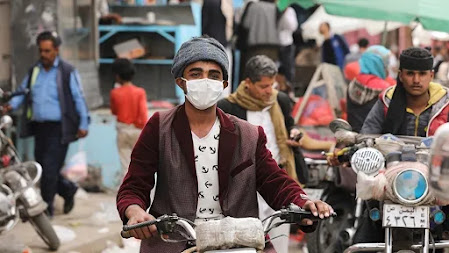The war in Yemen seems to play on an endless loop. Atrocity follows atrocity. The government is backed by a Saudi-led coalition that bombs civilians; the Houthi rebels are backed by Iran, and recruit children and fire shells indiscriminately into cities.
Efforts to make peace go nowhere. A swap of 1,081 prisoners, agreed on at the end of the September, raised only faint hopes. A similar exchange, involving 15,000 detainees, was arranged in 2018 but never fully implemented. The loop is unbroken.
In the past six years the conflict has killed tens of thousands of people and gravely harmed millions of more. Now it is escalating again.
Civilians died in August in greater numbers than in any other month this year. The economy is collapsing, covid-19 is spreading unchecked and a rusting tanker off the western coast, laden with roughly 1.5 million barrels of oil, risks causing an ecological catastrophe.
Amid this litany of suffering, Yemen's most pressing problem is famine. About two-thirds of its 30 million people need food aid.
MANY MILLIONS, the UN says are on the brink of starvation. It should be possible to feed them. International bodies have sounded the alarm; relief groups know what to do.
The question is whether Yemen's rich neighbours, who have sustained the fighting with arms and money, will have the decency and caring also to sustain the country's people with food and medicine -and whether the war's stubborn and self-interested combatants will allow the aid to get through.
The sadness of this publishing continues. The World Students Society thanks The Economist.

.png)


0 comments:
Post a Comment
Grace A Comment!